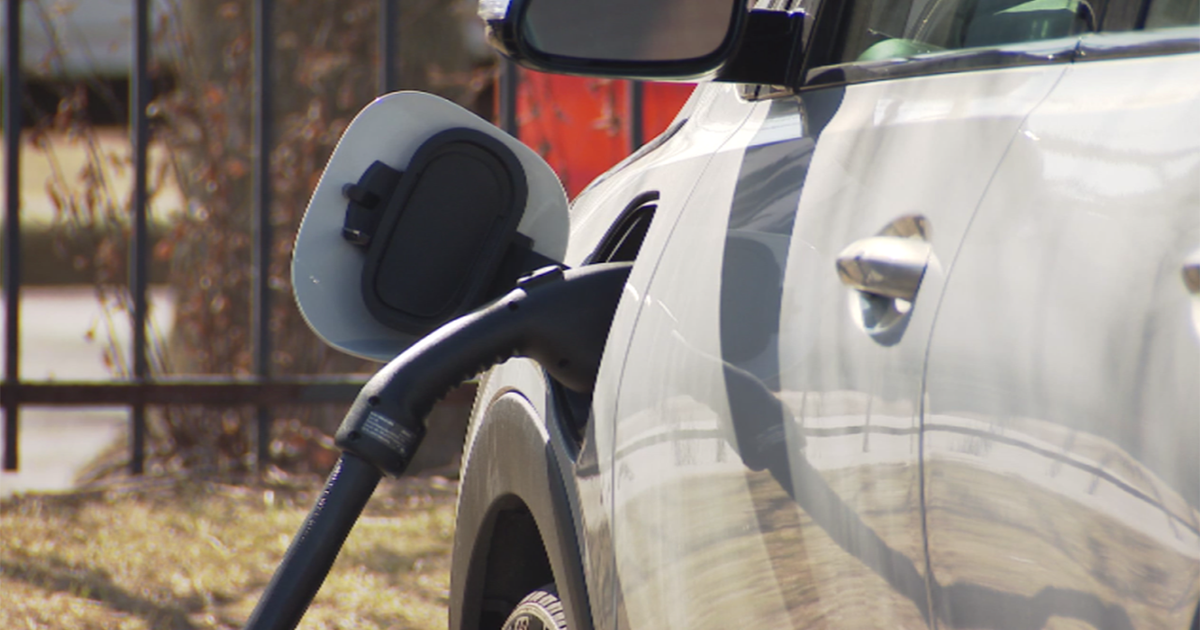"Big, beautiful bill" ends tax breaks for EVs. Here's what to know.
"Big, beautiful bill" ends tax breaks for EVs. Here's what to know.

The budget bill passed by Congress on Thursday pulls the plug on federal tax incentives for electric vehicles.
Read the full article on CBS Money
Truth Analysis
Analysis Summary:
The article is mostly accurate, with the main claim about the end of EV tax incentives supported by multiple sources. However, the title's use of "Big, beautiful bill" introduces a potential bias by adopting a loaded term often associated with a specific political agenda. The article's brevity limits a full assessment of its comprehensiveness.
Detailed Analysis:
- Claim:** "The budget bill passed by Congress on Thursday pulls the plug on federal tax incentives for electric vehicles."
- Verification Source #1, #2, #3, and #5 support the claim that a bill, often referred to as "Big, beautiful bill," aims to eliminate or significantly reduce EV tax credits.
- Verification Source #2 specifies a potential end date of Sept. 30, 2025, for the tax credit.
- Verification Source #4 mentions Republican lawmakers working to pass the bill.
- The exact date of the bill's passage ("Thursday") is not verifiable with the provided sources, but the general claim is supported.
- Claim:** The title uses the phrase "Big, beautiful bill."
- Verification Source #1, #2, #3, #4, and #5 all use this phrase, confirming its association with the proposed legislation.
Supporting Evidence/Contradictions:
- Agreement:** Verification Source #1, #2, #3, #4, and #5 all refer to the bill as the "Big, beautiful bill" and indicate it would negatively impact clean energy or EV tax credits.
- Agreement:** Verification Source #2 provides a specific date (Sept. 30, 2025) for the potential end of the EV tax credit.
- Lack of Coverage:** The specific date of the bill's passage ("Thursday") is not covered by the provided sources.
- Potential Bias:** The use of the phrase "Big, beautiful bill" in the title, while accurate in reflecting how the bill is often referred to, can be seen as biased because it is a loaded term often used sarcastically or critically, particularly by opponents of the bill. This implies a negative connotation from the outset.

